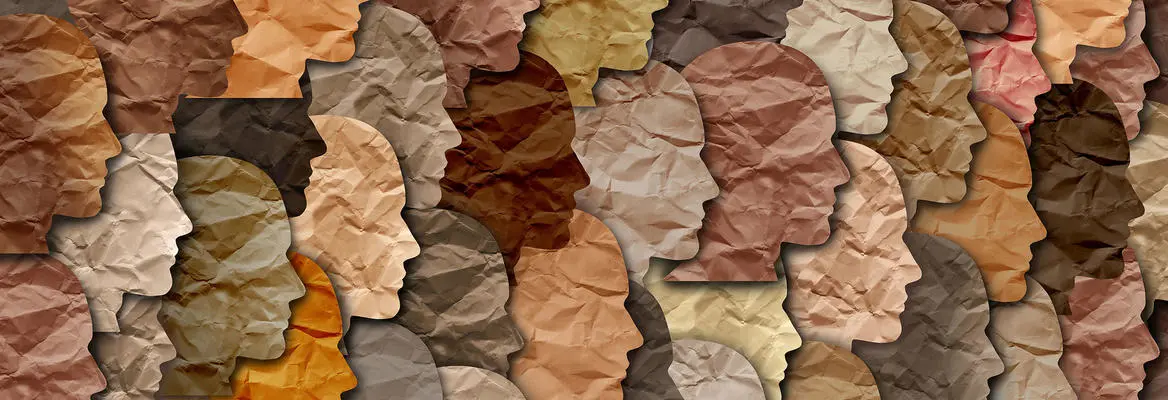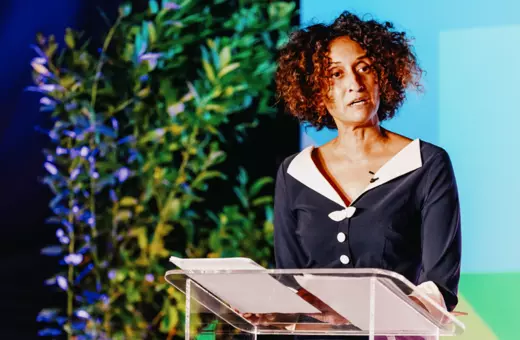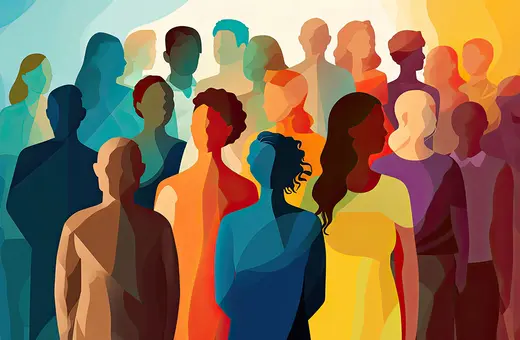The thread that runs from the brutal police killing of George Floyd through to the toppling of Edward Colston’s statute in Bristol to the renewed calls for Cecil Rhodes to fall – the thread, that is, from Minneapolis, through Bristol, to Oxford - is a straight one. But although the events in Oxford can be understood through the prism of events over the past few weeks, they have much deeper roots, and those roots lie not only in the tortured history of race relations in the US or the slaving history of the British Empire but in vast tectonic shifts in the size and movements of populations. Demography, as so often, is the missing element in the story.
Rhodes believed that the Anglo Saxon came closest to God’s ideal type of all humankind and that God’s desire would be for the English and kindred peoples to have as much sway over as much of the earth as possible. ‘I shall devote the rest of my life to God’s purpose’ Rhodes declared, ‘and help Him to make the world English.’ God, no doubt, was grateful to have Cecil as His little helper. Hubristic this might appear, but from the perspective of Rhodes’ day, it did not seem so unrealistic. While most of the world was stuck in an age-old population rut, the people of the British Isles during the nineteenth century were surging in numbers. Better supply of water and removal of sewage, better public health, improving nutrition and healthcare – in a word, modernity - meant that, while birth rates stayed high, fewer people were dying. The result was the first modern population explosion.
The process of the waning European has only just begun.
Rhodes’s ‘Anglo Saxons’, the children of the British Isles, settled vast continents from North America to Australia, and as far as Rhodes could see, there was no reason they could not settle Africa too. Indigenous peoples seemed to melt away in the face of their advance. (Germs and genocide played their role too.) Despite this vast outpouring of people from Britain, numbers at home almost quadrupled in the course of the nineteenth century. And other European peoples, particularly the Germans and Russians, were not far behind.
But here lies the clue to the undoing of Rhodes’s vision. The so-called Anglo-Saxons only had a temporary lead over their European neighbours. Continentals were just as capable of cleaning up their cities and were soon feeding their people better too. Which meant they in turn saw plunging death rates and booming populations. The challenge this allowed them to present to the global Anglo hegemony of which Rhodes dreamt is, essentially, the story of the first half of the twentieth century.
And then, just as the other people of Europe had been able to catch up with the Brits and Americans, so the rest of the world’s people beyond Europe were able to follow the same course, triggering their own population explosions. Meanwhile, people of European origin began having smaller families and their own population growth slowed, in some cases to a grinding halt. The whole demographic advantage which underpinned the great expansion of people of European origin in the heyday of empire turned out only to be nothing more than a bit of a head start. This has to a considerable extent been the story of the second half of the twentieth century and the first decades of this century.



















Join the conversation